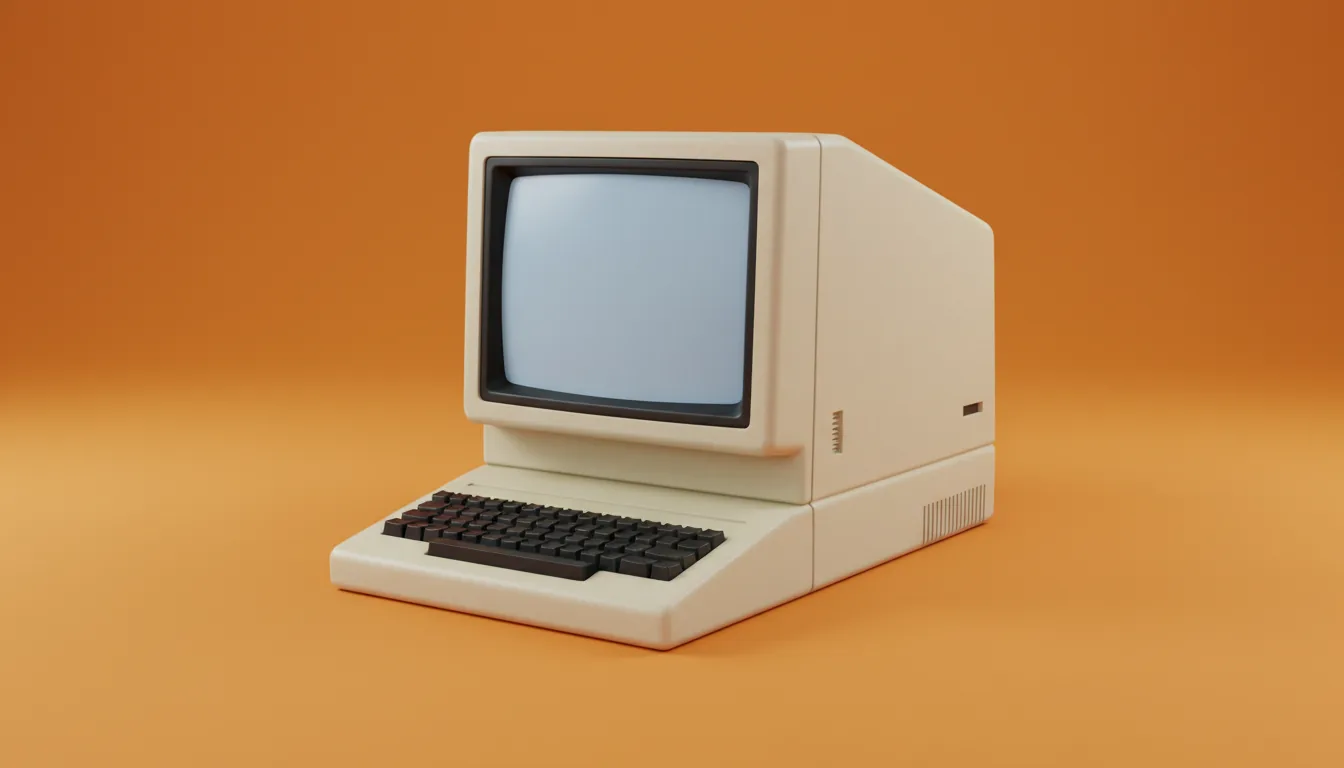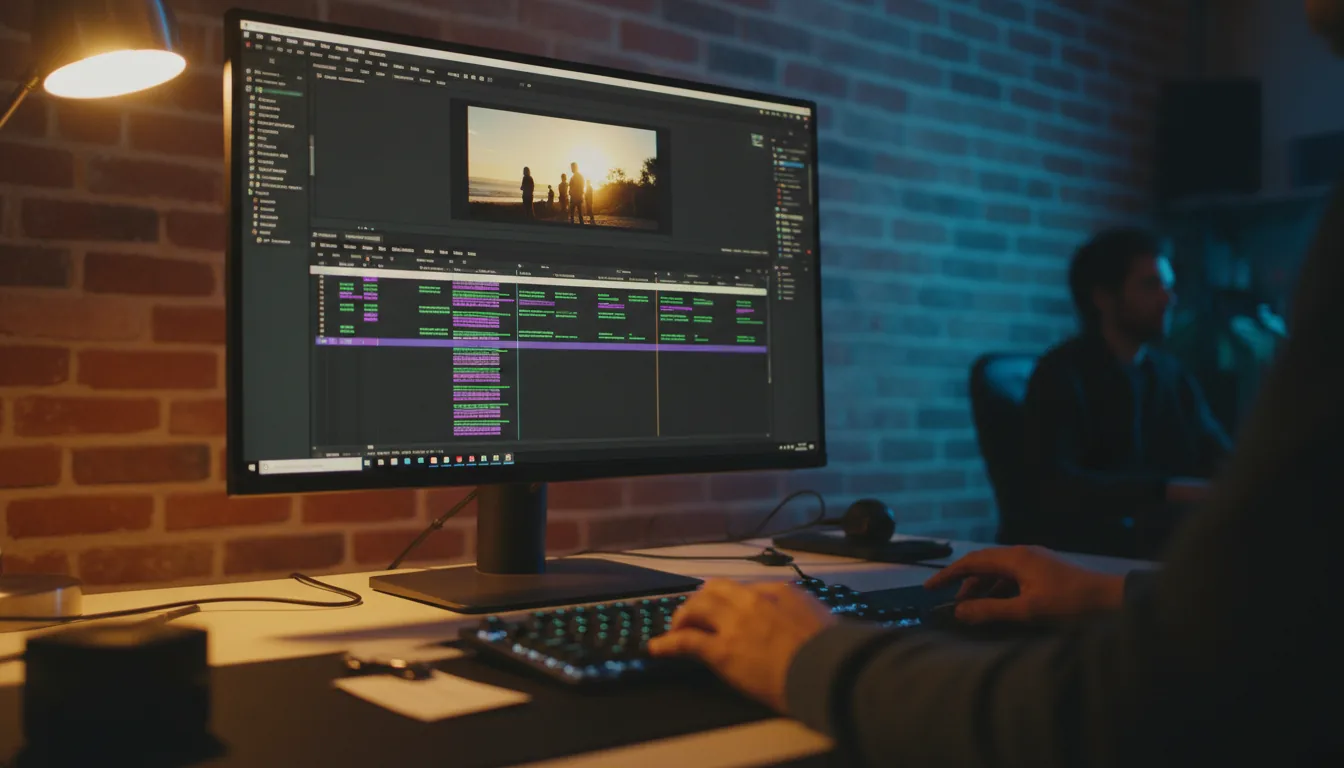Instant Connection for Pixel Streaming
— New Feature Automated Setup

The Future of Architecture and Construction - PropTech
The Future of Architecture and Construction - PropTech
The Future of Architecture and Construction - PropTech
Published on March 16, 2022
Updated on February 6, 2023
Table of Contents
What is PropTech?
Property technology, PropTech for short, is a general term for the application of data technology and digital platforms to different aspects of the real estate market. This can include both software applications such as the utilization of digital databases for properties as well as hardware applications like the use of drones for aerial mapping.
How Does It Impact the AEC Industry?
This digitalization of real estate is targeted to help all of those involved in the market, from the owners to tenants and potential buyers. Proptech is looking to enable the real estate market through the optimization of transactions such as initial research, buying and selling, renting, and property management. This kind of technology also overlaps with the architectural, engineering, and construction sectors (AEC), all of which are closely tied to real estate.

Photo by Jason Dent on Unsplash
History of PropTech
The early 2000s saw massive growth in the capital being invested in tech companies. FinTech came first while real estate was slower to warm up to the prospect of digitalization. But the market eventually realized that real estate, being the largest asset class in the world, had the same potential for digital growth, and general development really started to pick up steam in the early 2010s. By 2014, PropTech was raking in billions in revenue and has only gained more rapid acceleration in development ever since.
The earliest applications of PropTech saw simple databases with search functions that would showcase various property portfolios to potential renters and buyers. More recently, since 2019, more manpower has been put into developing immersive augmented reality technology for off-site “viewings” of a property.
PropTech vs. Traditional Real Estate
One of the reasons that PropTech came later to the party than some other technological developments is the logistical disparity between the product and the medium. How could you digitally showcase real estate, something inherently based in the real, material world? But people eventually realized that the technology mostly seeks not to redefine the sector, but rather to enhance and enable it.
Take digital, remote access, for example. That kind of online technology makes loan signing, listing alerts, and virtual property tours much easier to implement. Document management also becomes much easier to take care of when you take into account cloud databases.
On the property management side of things, certain types of PropTech will allow tenants to make payments on the go and make landlord-to-tenant communication much more seamless with the use of email and instant messaging.
Basically, all traditional real estate processes and transactions are still implemented even with the advent of PropTech, just with the added option of doing so digitally and online.
Advantages and Disadvantages
The advantages of PropTech far outweigh its disadvantages but let’s take time to explore both.
There is some versatility and flexibility in conducting real estate and construction transactions in person. But on the other hand, technology streamlines efficiency and aims for simpler overall processes that put customer experience at the heart of it all. Additionally, PropTech makes real estate much more accessible to those who otherwise do not have the time nor the geographical means to personally do the legwork involved in real estate research.
With all that recent technological developments have to offer, they are not without their own share of pain points. The need for an internet connection is one; anytime users might find themselves without a way of going online, a lot of PropTech applications end up dead in the water. Security concerns may sometimes also arise when it comes to avoiding sensitive information being hacked from online databases.
The Future of PropTech
PropTech developments are here to stay, especially in a world after COVID. As with most other tech developments (Uber, Netflix, Amazon, etc.) that have all but replaced their offline counterparts, property technology is looking to provide faster, simpler, more secure ways to carry out real estate transactions.
Pretty soon, we won’t be able to remember how we ever interacted with the market without PropTech!

If you are interested in effectively utilizing any PropTech you might want to use for your next real estate transaction you can check out Vagon Streaming! Learn more about Vagon and give us a try.
What is PropTech?
Property technology, PropTech for short, is a general term for the application of data technology and digital platforms to different aspects of the real estate market. This can include both software applications such as the utilization of digital databases for properties as well as hardware applications like the use of drones for aerial mapping.
How Does It Impact the AEC Industry?
This digitalization of real estate is targeted to help all of those involved in the market, from the owners to tenants and potential buyers. Proptech is looking to enable the real estate market through the optimization of transactions such as initial research, buying and selling, renting, and property management. This kind of technology also overlaps with the architectural, engineering, and construction sectors (AEC), all of which are closely tied to real estate.

Photo by Jason Dent on Unsplash
History of PropTech
The early 2000s saw massive growth in the capital being invested in tech companies. FinTech came first while real estate was slower to warm up to the prospect of digitalization. But the market eventually realized that real estate, being the largest asset class in the world, had the same potential for digital growth, and general development really started to pick up steam in the early 2010s. By 2014, PropTech was raking in billions in revenue and has only gained more rapid acceleration in development ever since.
The earliest applications of PropTech saw simple databases with search functions that would showcase various property portfolios to potential renters and buyers. More recently, since 2019, more manpower has been put into developing immersive augmented reality technology for off-site “viewings” of a property.
PropTech vs. Traditional Real Estate
One of the reasons that PropTech came later to the party than some other technological developments is the logistical disparity between the product and the medium. How could you digitally showcase real estate, something inherently based in the real, material world? But people eventually realized that the technology mostly seeks not to redefine the sector, but rather to enhance and enable it.
Take digital, remote access, for example. That kind of online technology makes loan signing, listing alerts, and virtual property tours much easier to implement. Document management also becomes much easier to take care of when you take into account cloud databases.
On the property management side of things, certain types of PropTech will allow tenants to make payments on the go and make landlord-to-tenant communication much more seamless with the use of email and instant messaging.
Basically, all traditional real estate processes and transactions are still implemented even with the advent of PropTech, just with the added option of doing so digitally and online.
Advantages and Disadvantages
The advantages of PropTech far outweigh its disadvantages but let’s take time to explore both.
There is some versatility and flexibility in conducting real estate and construction transactions in person. But on the other hand, technology streamlines efficiency and aims for simpler overall processes that put customer experience at the heart of it all. Additionally, PropTech makes real estate much more accessible to those who otherwise do not have the time nor the geographical means to personally do the legwork involved in real estate research.
With all that recent technological developments have to offer, they are not without their own share of pain points. The need for an internet connection is one; anytime users might find themselves without a way of going online, a lot of PropTech applications end up dead in the water. Security concerns may sometimes also arise when it comes to avoiding sensitive information being hacked from online databases.
The Future of PropTech
PropTech developments are here to stay, especially in a world after COVID. As with most other tech developments (Uber, Netflix, Amazon, etc.) that have all but replaced their offline counterparts, property technology is looking to provide faster, simpler, more secure ways to carry out real estate transactions.
Pretty soon, we won’t be able to remember how we ever interacted with the market without PropTech!

If you are interested in effectively utilizing any PropTech you might want to use for your next real estate transaction you can check out Vagon Streaming! Learn more about Vagon and give us a try.
Scalable Pixel and Application Streaming
Run your Unity or Unreal Engine application on any device, share with your clients in minutes, with no coding.

Scalable Pixel and Application Streaming
Run your Unity or Unreal Engine application on any device, share with your clients in minutes, with no coding.


Ready to focus on your creativity?
Vagon gives you the ability to create & render projects, collaborate, and stream applications with the power of the best hardware.

Vagon Blog
Run heavy applications on any device with
your personal computer on the cloud.
San Francisco, California
Solutions
Vagon Teams
Vagon Streams
Use Cases
Resources
Vagon Blog
Best 3D Printers in 2026: Honest Picks, Real Use Cases
Best AI Productivity Tools in 2026: Build a Smarter Workflow
Best AI Presentation Tools in 2026: What Actually Works
Best Video Editing Software in 2026: Premiere Pro, DaVinci Resolve & More
The Best AI Video Generators in 2026: Tested Tools, Real Results
The Best AI Photo Editors in 2026: Tools, Workflows, and Real Results
How to Improve Unity Game Performance
How to Create Video Proxies in Premiere Pro to Edit Faster
Top SketchUp Alternatives for 3D Modeling in 2026
Vagon Blog
Run heavy applications on any device with
your personal computer on the cloud.
San Francisco, California
Solutions
Vagon Teams
Vagon Streams
Use Cases
Resources
Vagon Blog
Best 3D Printers in 2026: Honest Picks, Real Use Cases
Best AI Productivity Tools in 2026: Build a Smarter Workflow
Best AI Presentation Tools in 2026: What Actually Works
Best Video Editing Software in 2026: Premiere Pro, DaVinci Resolve & More
The Best AI Video Generators in 2026: Tested Tools, Real Results
The Best AI Photo Editors in 2026: Tools, Workflows, and Real Results
How to Improve Unity Game Performance
How to Create Video Proxies in Premiere Pro to Edit Faster
Top SketchUp Alternatives for 3D Modeling in 2026
Vagon Blog
Run heavy applications on any device with
your personal computer on the cloud.
San Francisco, California
Solutions
Vagon Teams
Vagon Streams
Use Cases
Resources
Vagon Blog
Best 3D Printers in 2026: Honest Picks, Real Use Cases
Best AI Productivity Tools in 2026: Build a Smarter Workflow
Best AI Presentation Tools in 2026: What Actually Works
Best Video Editing Software in 2026: Premiere Pro, DaVinci Resolve & More
The Best AI Video Generators in 2026: Tested Tools, Real Results
The Best AI Photo Editors in 2026: Tools, Workflows, and Real Results
How to Improve Unity Game Performance
How to Create Video Proxies in Premiere Pro to Edit Faster
Top SketchUp Alternatives for 3D Modeling in 2026
Vagon Blog
Run heavy applications on any device with
your personal computer on the cloud.
San Francisco, California
Solutions
Vagon Teams
Vagon Streams
Use Cases
Resources
Vagon Blog


